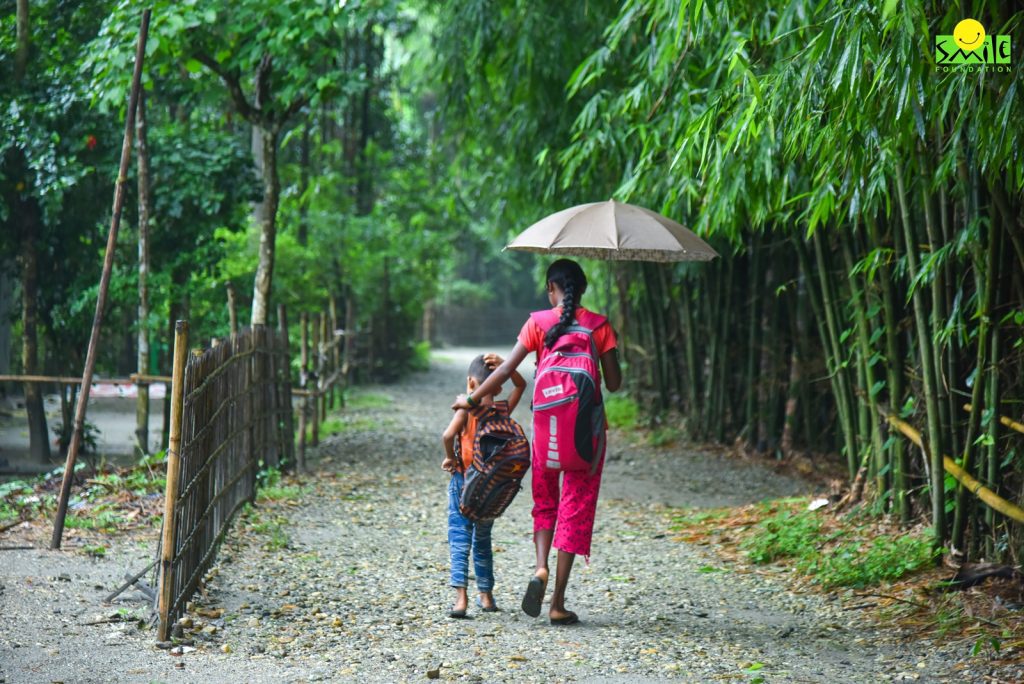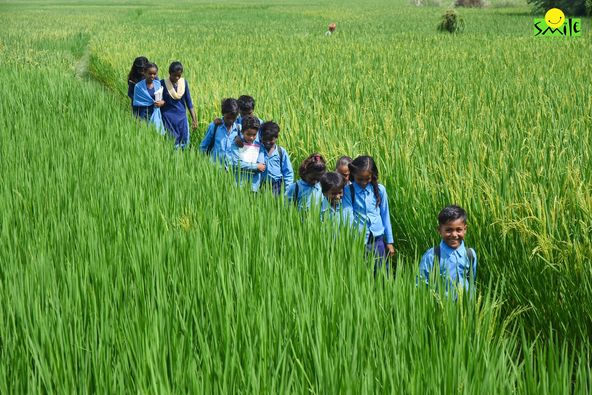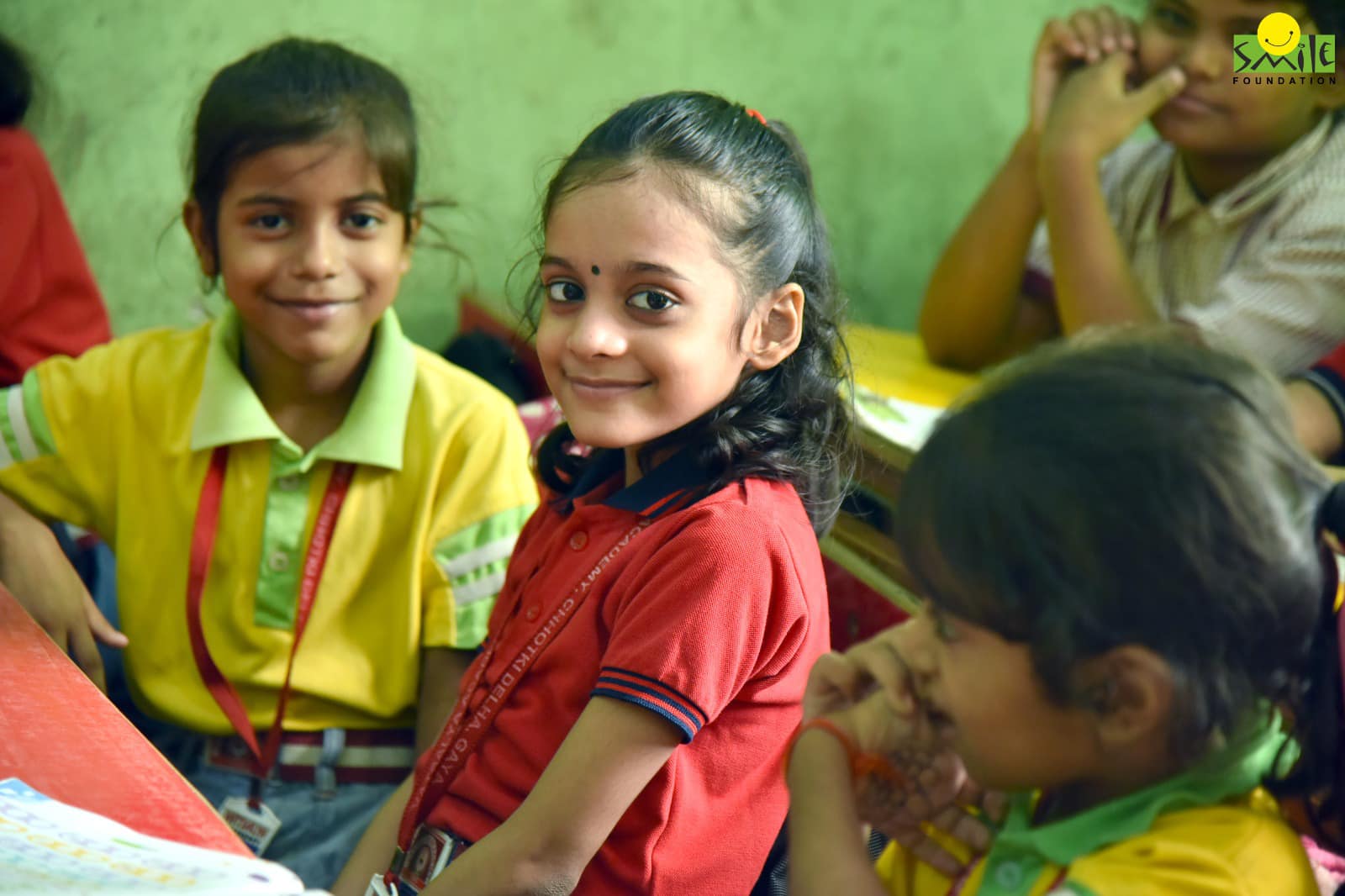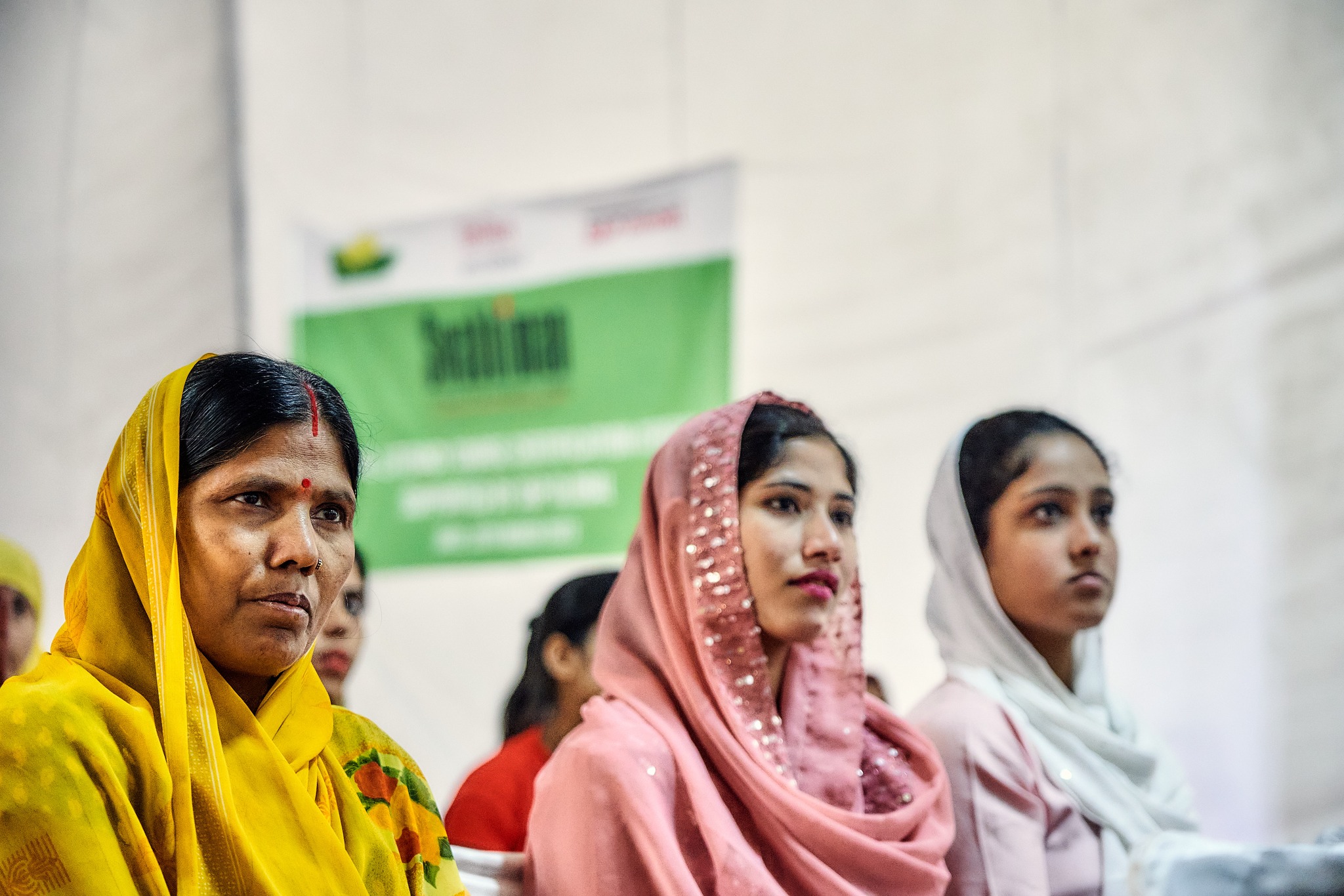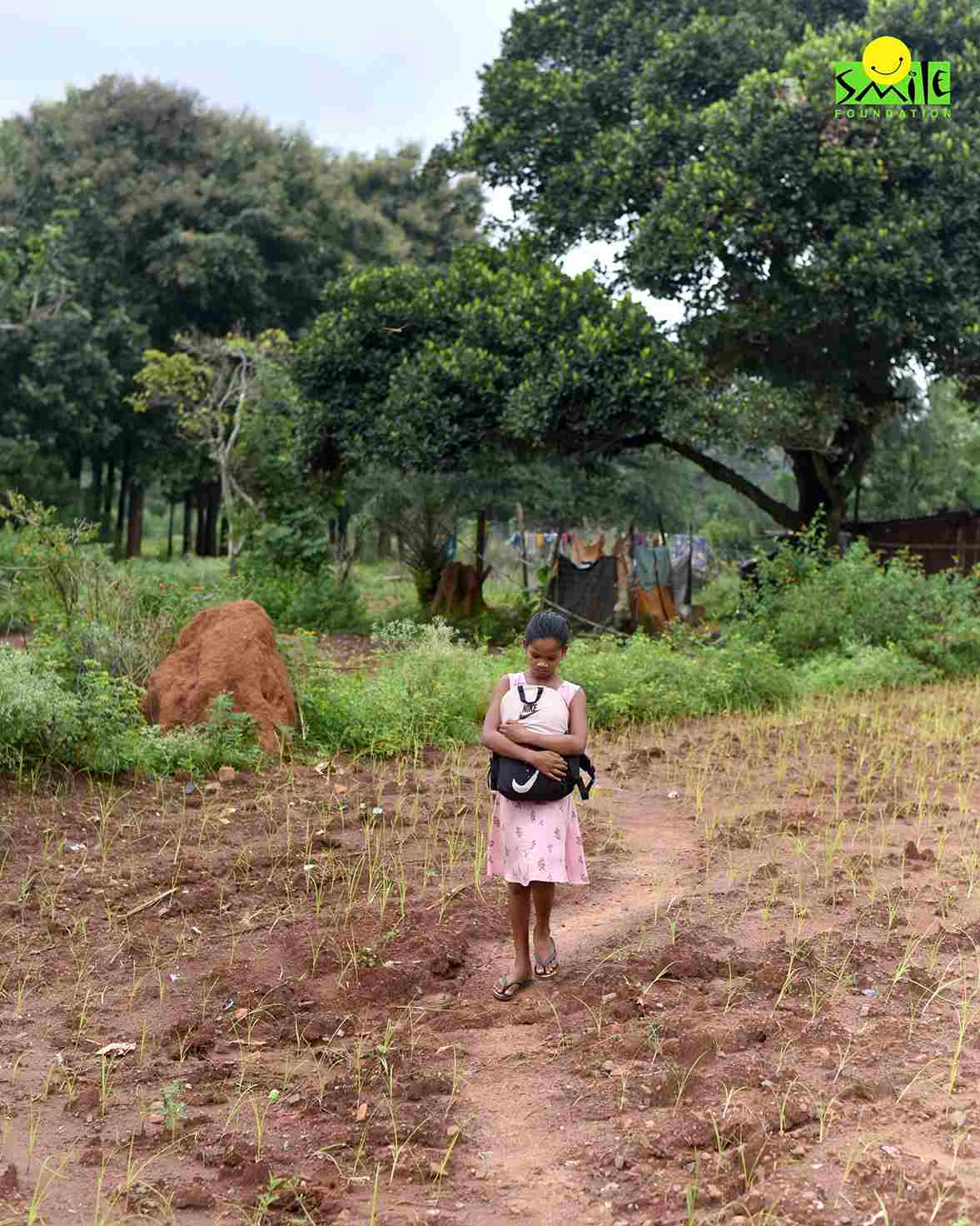According to a recent study, people who are resilient, have good coping skills, and are emotionally intelligent are more likely to be happier. They also have higher levels of life satisfaction than those who are less resilient.
What is Resilience?
Resilience is the ability to adapt and cope with life’s challenges, small or large, without losing your sense of self. In today’s world, where stressors and traumatic events are increasingly common, resilience building is becoming an essential skill. It is needed to maintain emotional well-being and cope with life’s demands.
To effectively build and nurture resilience, it is helpful to understand the 7Cs of resilience. Those are competence, confidence, connection, character, contribution, coping, and control. Each of these components contributes to the overall development of resilience.
The Importance of Resilience
It was discovered that resilience and mental illness have a mutually reducing relationship over the course of a year, wherein resilience and good mental health have an enhancing relationship. At Smile Foundation, we recognise the importance of resilience building in creating and affecting real change. Through our diverse range of programmes, we strive to empower communities and foster their ability to adapt, withstand, and recover from various challenges.
Resilience building is essential for mental and emotional well-being. It helps you to cope with stress, trauma, and adversity and enables you to recover from setbacks and emerge stronger.
It also helps to promote positive psychology, self-esteem, and social support networks, leading to a more fulfilling life
Ways to Build Resilience
- Develop Self-Awareness: Start by understanding your strengths, weaknesses, and triggers. Reflect on past experiences and identify the strategies that have helped you overcome difficulties.
- Cultivate Positive Relationships: Surround yourself with supportive and positive individuals who uplift and encourage you. Nurture meaningful connections that provide emotional support during tough times.
- Practice Self-Care: Prioritize self-care activities that promote well-being and reduce stress. This includes exercise, relaxation techniques, hobbies, and taking breaks when needed.
- Adapt and Learn: Embrace a growth mindset and view challenges as opportunities for growth and learning. Take time to reflect on difficult experiences, identify lessons learned, and apply those insights to future situations.
- Seek Help When Needed: Don’t hesitate to reach out for professional help if you’re struggling with overwhelming challenges or trauma. Therapists and counselors can provide guidance, support, and specific coping strategies tailored to your needs.
The presence of resilience in different demographic groups, particularly marginalised, is a topic of considerable current research. Out of the 121 nations with enough data to compute 2022 GHI values, India comes up at 107 in the global hunger index.
The need for numerous divisions arises from the sheer amount of challenges that the nation as a whole is dealing with. Among these are strategic planning, information technology, human resource development, development assistance, and resource generation.
Education and Skill Development
One of the key pillars of resilience is education and skill development. In our Mission Education (ME) programme, we provide children from urban villages and remote areas of India with the knowledge and tools they need to enhance their abilities and face future challenges confidently.
The focus is on equipping them with high-demand practical skills, enabling them to secure better livelihoods and create a positive impact. By building a strong foundation of education and skills, individuals are able to change their lives.
Healthcare and Well-being
India ranks 184 out of 191 nations in terms of health spending, according to the World Health Organisation (WHO). Major issues with the Indian health sector’s provision of basic healthcare include a lack of qualified medical personnel, a lack of quality control, insufficient health spending, and, most importantly, inadequate money for research.
Our Healthcare programme, Health Cannot Wait is a comprehensive and community-focused health plan that brings primary healthcare to marginalized populations in rural and urban India. The initiative takes a two-pronged strategy and delivers curative as well as preventive services, addressing gaps in healthcare availability, accessibility, and affordability– all facets that affect every individual’s other functioning areas.
Skill Training and Livelihood Enhancement
A 2018 report says that about 4.75 million people join the India’s workforce. Approximately 70% of them come from rural areas. It is preferable to create a continuum of varied socioeconomic chances to appeal to this rising sector of the population.
Smile Foundation’s Livelihood programme, STeP (Smile Twin e-Learning Programme) skills/upskills the youth from disadvantaged communities. The programme connects them with industries with high growth potential in terms of revenue creation and employability.
The huge youth population underutilized in the job market due to a lack of necessary qualifications and training is being upskilled and mainstreamed to become a part of the country’s growth story. We promote self-reliance and create opportunities for sustainable livelihoods. The initiative is to empower communities to break the cycle of poverty and build resilience against economic shocks.
Women Empowerment
The promotion of gender equality and women’s empowerment is a crucial component of UNDP’s Sustainable Development Goals. While efforts have turned the tide in favour of women workers and entrepreneurs, India still ranks 135 out of 146 nations in the Global Gender Gap Index Report 2022. This reveals that all of us need to do more work in India to attain gender equality.
In India, Women held only 14.4% of parliament seats as of February 2021. All these numbers indicate the long journey we have to undertake to reach equitable representation.
Resilience building is closely linked to our women empowerment programme, Swabhiman. The goal is to empower women through innovative community practises, menstrual hygiene education, Antenatal Care (ANC), Prenatal Care (PNC) practices and livelihood.
Projects are designed and implemented to develop life skills, to empower them to seek healthcare and to bring about lasting changes in the community. Believing in a true mindset change, the initiative also engages men and boys in the creation of a gender-equal society.
Disaster Preparedness and Response
Disasters can strike unexpectedly, causing significant damage and disrupting the lives of individuals and communities. In India, disaster risks are exacerbated by growing vulnerabilities connected to shifting demography, unplanned urbanisation, development in high-risk regions, degradation of the environment, climate change, and pandemics.
According to the World Risk Report 2020, India was ‘poorly prepared’ to deal with climate reality, making it more vulnerable to natural calamities. On the World Risk Index (WRI) 2020, India is at the rank of 89 out of 181 countries.
Smile Foundation acted quickly to reach out and respond to the immediate needs of disaster-affected people, from the Kashmir earthquake in 2005 to the Fani cyclone in 2019, the Assam Floods in 2022, and more.
The Resilience Building Ethos of Smile Foundation
Resilience building is at the core of our mission. Through our diverse programmes, we strive to empower communities and promote sustainable development. Equipping individuals with the skills and resources needed to overcome adversity is one of our main goals. All these efforts have the support of our thoughtful individual donors and corporate/institutional partnerships.
Join us on this transformative journey towards building a more resilient world.



